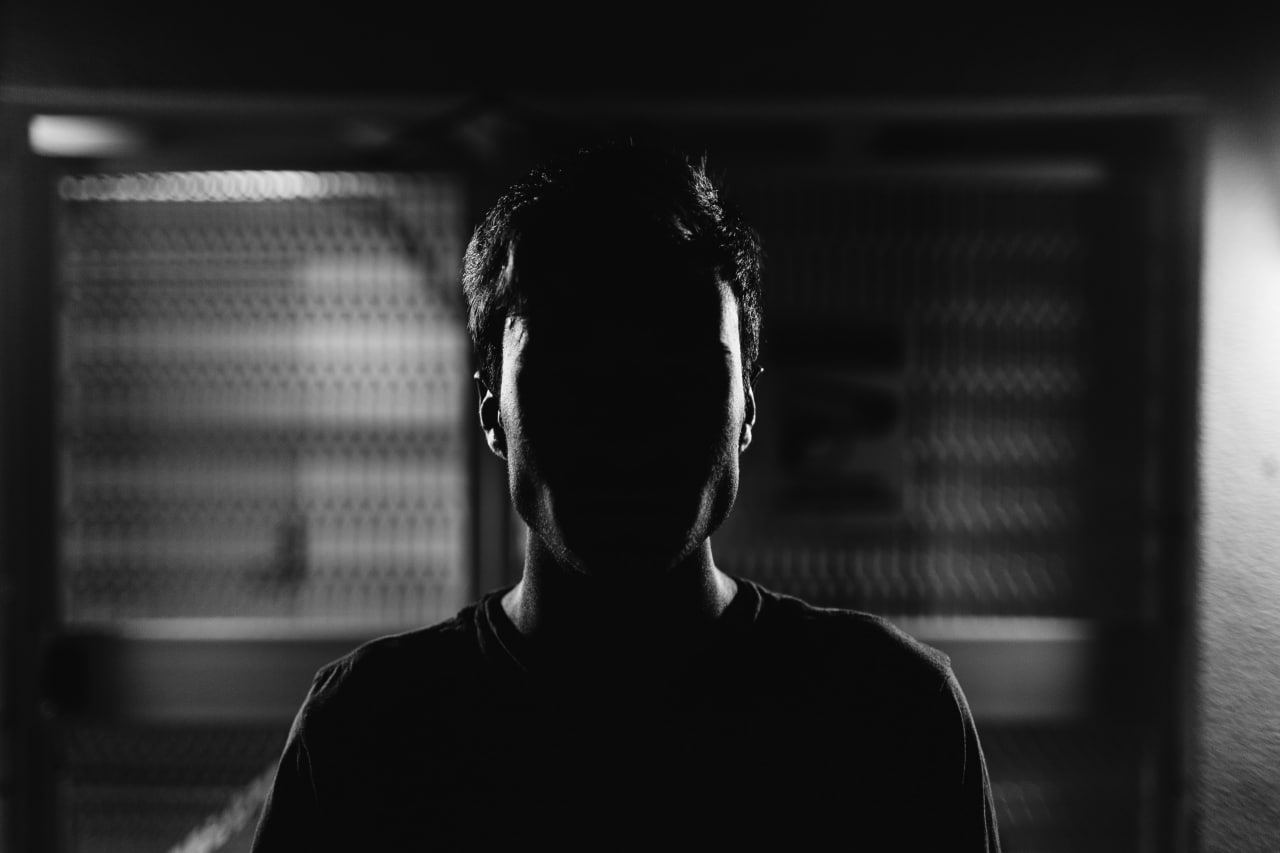Slovakian voters gloomy on judiciary ahead of September polls
05.04.2023

A recent survey reveals that Slovakian voters are unconvinced by their country’s efforts to fight corruption and strengthen the judiciary. Despite riding a wave of anti-corruption sentiment to power, the leading OLaNO party has rapidly fallen out of favour after a string of scandals involving politically-motivated prosecutions.
With early parliamentary elections to take place in September 2023 after a no-confidence vote toppled the ailing government just before Christmas, there is a fear that political encroachments into the legal system will define the electoral campaign and perhaps the voting itself.
Plummeting Trust
According to a survey made public earlier this month, the majority of Slovaks believe there to be more corruption and bribery in the country than before the 2020 elections. Two thirds of those polled also consider that trust in the Slovak judiciary has plummeted in the same timeframe, even as they consider that the number of corruption-related cases has increased. Only 3% of those polled considered politicians to be trustworthy on topics like corruption and justice. The sobering figures could be seen as darkly ironic, considering the aggressive anti-corruption messaging which was used by the leading OLaNO party as a rallying cry during the 2020 elections.
By firmly adopting an anti-graft position during the previous campaign, OLaNO struck a nerve with Slovak voters, who have long since griped about what is perceived to be wide-spread corruption in the country. The hardline platform helped OLaNO soar in the polls, shooting from around 6% base support to over 25% on the day of the February 2020 elections. But three years into a chaotic and ineffectual government, OLaNO is in dire polling straits, on the verge of slipping below the 5% cut-off to even enter parliament following the next elections, and appears to be increasingly desperate to spin perceptions of their time in office.
Members of the caretaker government appear determined to use their remaining time in office to not only tout their anti-corruption campaign as one of their big accomplishments, but also by doubling down on prosecutions, including by bringing new charges against high-profile opposition politicians who’d already had charges dropped against them. With government figures using accusations of corruption as tools of political discourse, 2023 is shaping up to be an explosive year in Slovakian politics, which is unlikely to restore voters’ confidence in the judiciary and the rule of law.
Political Encroachment
Indeed, as the recent survey testifies, OLaNO’s last-gasp efforts to use the judiciary in its favour are not apparently convincing the electorate. Rather than take OLaNO’s statements at face value, Slovaks are more likely to regard the recent anti-corruption purge as a flimsy façade which hides politically-motivated prosecutions.
These suspicions have been naturally strengthened by a string of scandals which has surrounded the ruling coalition for their entire time in office. If voters went to the polls in spring 2020 with dreams of a corruption-free Slovakia, those hopes have undoubtedly been shattered by the subsequent gross politicisation of the judiciary. Prosecutions have almost exclusively focused on opposition figures, while giving anyone in power a wide berth. Testimony in these cases has largely come from questionable witnesses, many of whom appear to have given testimony under duress and some of which have later recanted. Perhaps unsurprisingly given these shaky foundations, many high-profile cases, hyped up by coalition politicians and friendly media, have only ended up fizzling out in court due to a lack of concrete, trustworthy evidence—something which has further contributed to a climate of chaos and distrust.
No surprise, then, that the recent survey indicated that Slovakians are broadly sceptical of the country’s legal system. Never one for subtlety, OLaNO party leader Igor Matovic—now in opposition after MPs made his dismissal a condition of passing the 2023 budget—has even admitted flat out that the government pushed to have the snap elections as late as possible in order to have more time for prosecutions.
Given such callousness, is it any wonder that Slovak voters have a bleak view of their country’s anti-corruption efforts? The hopes with which they went to the ballot box in February 2020 have evaporated just as quickly as OLaNO’s standing in the polls. Facing parliamentary decimation in September, the lame-duck government is likely to continue abusing the judicial process for its own political gain until the election, with fears arising that it might even try to bar opponents who have been spuriously accused of corruption to stand as candidates. Is it any accident, for example, that the very same day that former Interior Minister Robert Kalinak was announced as the head of the campaign staff for the leading opposition party, SMER—currently sitting in first place in the opinion polls—the Special Prosecutor’s Office brought charges against Kalinak for purported bribery?
All Eyes on September
Abuses of the judiciary and the use of anti-corruption rhetoric for political gain did not begin in Slovakia in 2020. Corruption has been a hot topic in the country for decades and Slovakia’s seedy political scene led Western media to describe it as a “mafia state”. But OLaNO’s time in office has been so chaotic and brazen in its politically-motivated actions that it seems to have completely broken the bond of trust between Slovakia’s political class and its electorate. Can the September elections mend that bond or will it become yet another cause for disruption and division?